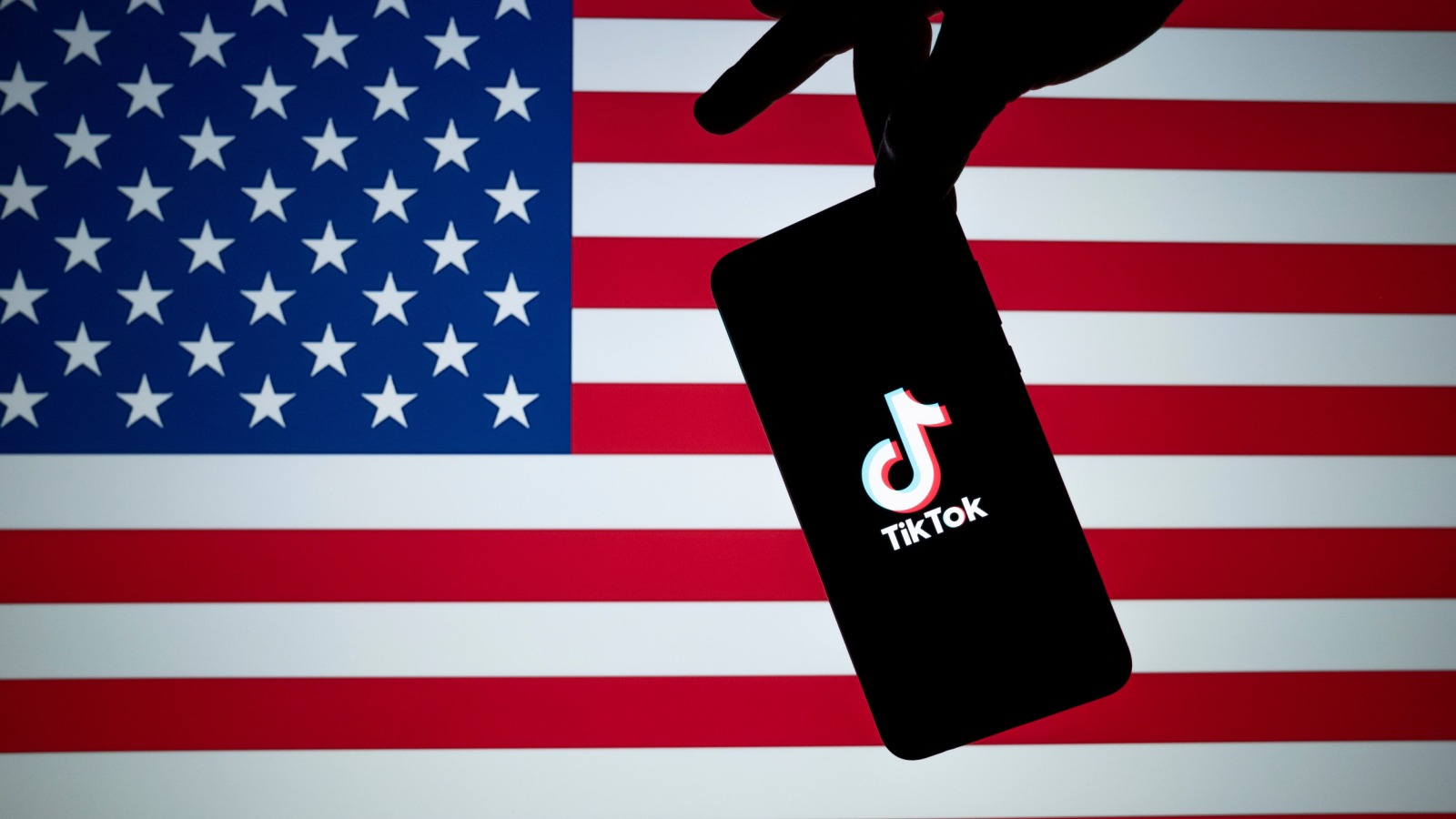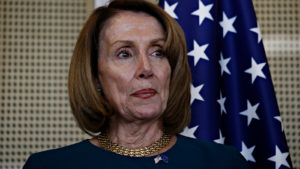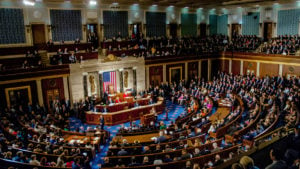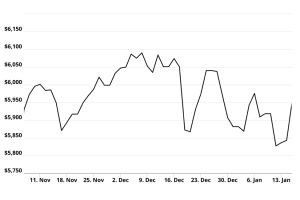
By now, we’re all well aware that ByteDance’s social media platform TikTok is in U.S. lawmakers’ sights. President Joe Biden recently signed Executive Order 14034, dubbed “Protecting Americans’ Sensitive Data From Foreign Adversaries.” While we’re still waiting on legal wrangling to see how the situation shakes out, one thing is clear: If a complete and total ban comes to fruition, legacy social media stockholders will benefit — with few benefiting as much as these politicians owning Meta (NASDAQ:META) stock.
The primary benefit to Meta shareholders if a complete and total ban proceeds, of course, is that the app’s removal from U.S. soil represents the neutralization of Meta’s biggest competitor. Prior to the ban, projections indicated that TikTok’s 2024 digital ad revenue could hit up to $18.5 billion. By comparison, Meta’s ad sales marked “just” $13 billion in 2023 — so advertisers fleeing TikTok would likely pivot back to Meta’s properties, delivering a hefty chunk of change back into CEO Mark Zuckerberg’s pocket.
These three lawmakers were instrumental in pushing the TikTok ban forward, and guess what? They’re also notable as politicians owning Meta stock today, indicating a possible conflict of interest. Though lawmakers often violate the STOCK Act, which bans trading on insider info, keeping tabs on which politicians profit on what stocks and when is a useful way to hold elected officials accountable.
Nancy Pelosi

It’s little surprise that Nancy Pelosi, one of Congress’s most active stock traders, is also one of the House politicians owning Meta stock.
Interestingly, Pelosi approaches her Meta holdings in a unique way — in 2021, her husband, Paul Pelosi, transferred 5,000 shares into their non-profit organization, the Paul and Nancy Pelosi Charitable Organization. Like politicians, non-profits of this type must file financial records (though with less fidelity and frequency than politician trades). As of the company’s last annual filing for 2022, it appears as though those 5,000 shares remain within the non-profit. That is because the Paul and Nancy Pelosi Charitable Organization reported zero income from asset sales or capital gains. Because these filings are a year delayed, there is a chance that their charitable organization sold META in 2023. However, until that filing comes out this year, the latest information available tells us that Nancy and Paul Pelosi still hold those 5,000 shares (indirectly).
Pelosi is also, of course, at the forefront of the TikTok ban as the former speaker of the House. Even if she’s no longer driving the legislative body’s actions, she’s still a major player with plenty of influence and clout. Readers may remember her infamous “tic-tac-toe” speech where she affirmed that the legislation’s intention is “an attempt to make TikTok better.”
Pelosi is well-known for her “astute” and well-timed trades. Other significant holdings of hers include Nvidia (NASDAQ:NVDA), bought as recently as November 2023. That particular trade is up 77% since the purchase. She also profited more than 70% on a series of Netflix (NASDAQ:NFLX) trades in 2022 and 60% gains on a December 2022 Google (NASDAQ:GOOG, NASDAQ:GOOGL) trade.
Michael McCaul

Of all the politicians owning Meta stock, few have been as active recently as House Republican Michael McCaul. While McCaul hasn’t traded any shares on his own, family members — including his spouse — actively bought Meta shares in five batches throughout March alone. The value of the purchases ranges between $50,000 and $250,000 each.
McCaul’s own holdings are mostly marked by private investment funds and typical mutual funds or ETFs. Still, he has a handful of specific stock picks that could prove illustrative. Among those positions, McCaul recently bought into Uber (NYSE:UBER), Occidental Petroleum (NYSE:OXY), and Citigroup (NYSE:C).
McCaul is also at the fore of the TikTok ban, crossing the aisle to join Pelosi. In a statement, he said that “CCP-controlled TikTok is an enormous threat to U.S. national security [and that] the Senate must pass this bill and send it to the president’s desk immediately.”
Markwayne Mullin

On the Senate side of the equation, Republican Markwayne Mullin bought into Meta early into the new year, trading between $15,001 and $50,000 on Jan. 2, Mullin called the TikTok bill a “right step forward” in a March interview prior to Biden’s legislative signing. He’s already profited as much as 24% on the trade — though there may be continued upside as the ban progresses.
Other notable Mullin trades include Nvidia, like Pelosi, and he’s profited between 84% and 90% on those particular transactions. In the past, Mullin’s been accused of conflicts of interest regarding his trading patterns. Specifically, he bought a hefty chunk of change worth of bonds issued by Oklahoman municipalities. Municipal bonds finance infrastructure projects, education initiatives, and similar public actions. While not as subject to insider info as stocks — and exempt from the STOCK Act — there are a handful of ways Mullin could conceivably profit unduly from the transactions — further reinforcing some calls for additional politician trading reforms.
On the date of publication, Jeremy Flint held no positions in the securities mentioned. The opinions expressed in this article are those of the writer, subject to the InvestorPlace.com Publishing Guidelines.





